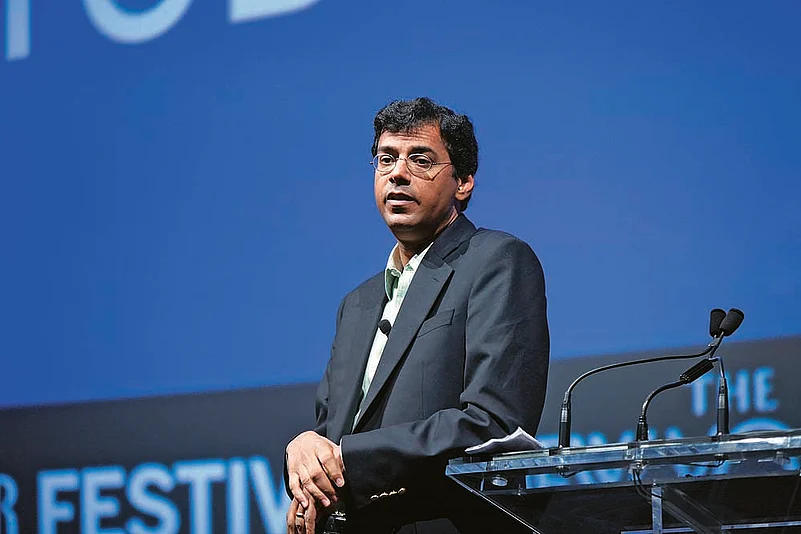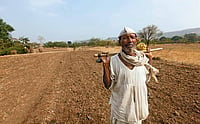Apart from his name, lineage and appearance, there is barely anything that really connects Dr Atul Gawande to India. He was born in Brooklyn to Maharashtrian parents—both doctors—who had migrated to the US. He first studied medicine at Stanford University but soon changed tracks to study economics, politics and philosophy at Oxford. He also worked in democrat Al Gore’s team and later joined politics by becoming head of health and social policy during Bill Clinton’s presidential term. Having been everywhere, and done everything, he returned to practice as a surgeon. He also started writing, first for online magazines such as Slate, going on eventually to become Staff Writer at the celebrated New Yorker.
Although he never lived in India, his upbringing did have some Indian traits. “Like all Indian parents, there was an expectation that we would get good grades,” he had told The Independent in an interview in 2011. “The importance of aiming for more than mediocre is implanted early. Also, there was the Indian pride in anything you accomplish.”
Studying such varied subjects only added to the ‘smart’ quotient of his genius and his expertise as a doctor—who understands his patients beyond their illnesses. He explored profound issues related to patient care—dilemmas, errors and inevitable truths (about terminally ill) that modern medicine grapples with. “I wasn’t even sure what the word ‘dying’ meant anymore. In the past few decades, medical science has rendered obsolete centuries of experience, tradition and language about our mortality, and created a new difficulty for mankind: how to die,” he wrote in a 2010 piece for the New Yorker, titled ‘Letting go’.
He has written three books—all bestsellers—Complications, Better (in which he tells India’s polio eradication story) and The Checklist Manifesto. “Brilliant writers like Atul Gawande are relevant anywhere,” says Chiki Sarkar, publisher, Penguin India, “in Gawande’s case so are his great themes, the challenges modern medicine has to confront and his experiences as a surgeon and what lessons they might have in a wider world.”


























